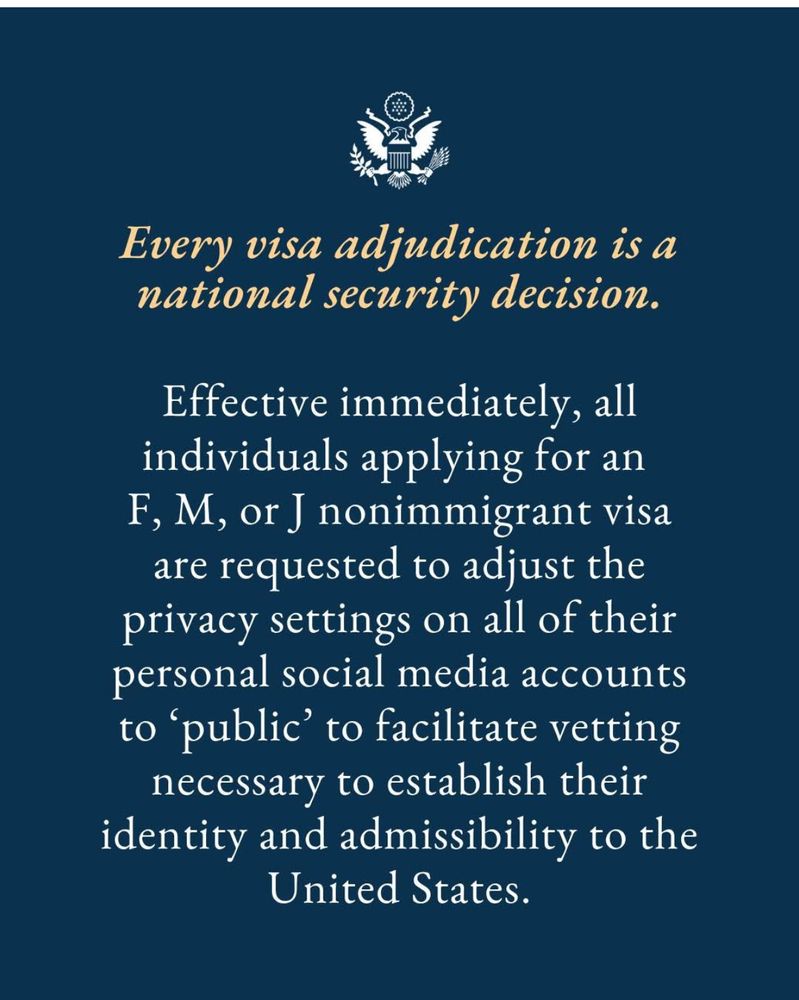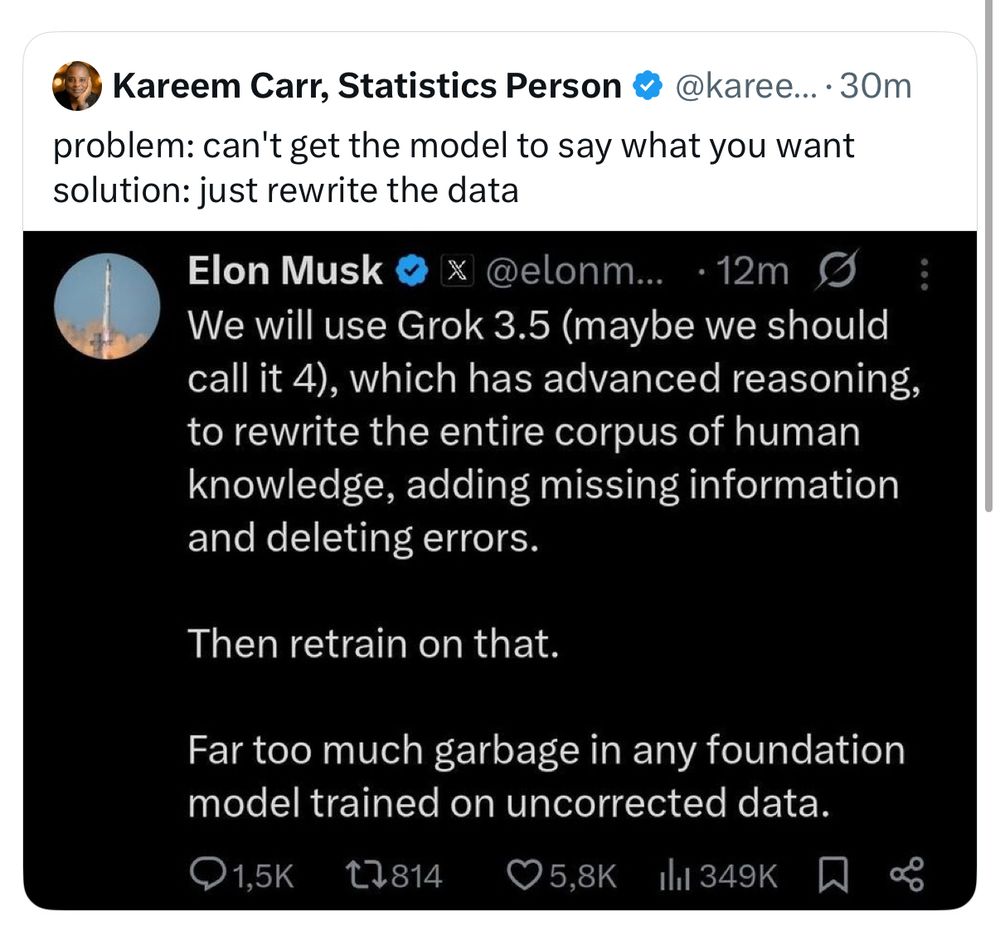Nicola Palladino
@nicolapalladino.bsky.social
58 followers
100 following
27 posts
Assistant Professor University of Salerno, Visiting Trinity College Dublin
Former #MarieSkłodowskaCurie
#AIEthics #AIRegulation and #AIGovernance #InternetGovernance #DigitalConstitutionalism #DigitalPolicy
Posts
Media
Videos
Starter Packs
Reposted by Nicola Palladino
Reposted by Nicola Palladino
Reposted by Nicola Palladino
Reposted by Nicola Palladino
Ian Brown 👨🏻💻
@ianbrown.tech
· Jul 19

Only a small percentative of people engage in toxic activity online, but they’re responsible for a disproportionate share of hostile or misleading content on nearly every platform. | Jay Van Bavel, PhD
Only a small percentative of people engage in toxic activity online, but they’re responsible for a disproportionate share of hostile or misleading content on nearly every platform.
Because super-users are so active, they dominate our collective impression of the internet.
Much of that distortion can be traced back to a few hyperactive online voices
-Just 10% of users produce roughly 97% of political tweets.
-A mere 0.1% of users share 80% of fake news.
This leads many of us to believe that society is more polarized, angry, & deluded than it really is.
The problem isn’t just the individual extremists, of course – it’s the platform design and algorithms that amplify their content.
These algorithms are built to maximize engagement, which means they privilege content that is surprising or divisive.
The system is optimized to promote the users who are most likely to distort our shared perception of reality.
Most of us aren’t spending time on our phones trolling our foes. We’re busy working, raising families, spending time with friends, or simply trying to find some harmless entertainment on the internet.
Yet, our voices are drowned out.
We have effectively handed over a megaphone to the most obnoxious people and let them tell us what to believe and how to act.
In a series of experiments, we recently paid people a few dollars to unfollow the most divisive accounts on X. After a month, they felt 23% less animosity towards other political groups.
Their experience was so positive that half declined to refollow those hostile accounts after the study and they felt less animosity 11 months later.
Platforms could easily redesign their algorithms to stop promoting the most outrageous voices and prioritize more representative or nuanced content.
The internet is a powerful, and often valuable tool. But if we keep letting it reflect only the funhouse mirror world created by the most extreme users, we’ll all suffer the consequences.
You can read my full essay in the The Guardian here: https://lnkd.in/eSvPymKc | 14 comments on LinkedIn
www.linkedin.com
Reposted by Nicola Palladino
Patrick Chovanec
@prchovanec.bsky.social
· Jun 23
Reposted by Nicola Palladino
Reposted by Nicola Palladino
Reposted by Nicola Palladino
Justin Hendrix
@justinhendrix.bsky.social
· Apr 26

Meta's data center could be 'transformative' for Louisiana, utility says—as long as customers pay the $5 billion power bill
Entergy seeks regulatory approval to shift constructions costs for gas plants needed to power Meta's facility to its entire customer base.
www.businessinsider.com
Reposted by Nicola Palladino
Reposted by Nicola Palladino
Reposted by Nicola Palladino





























